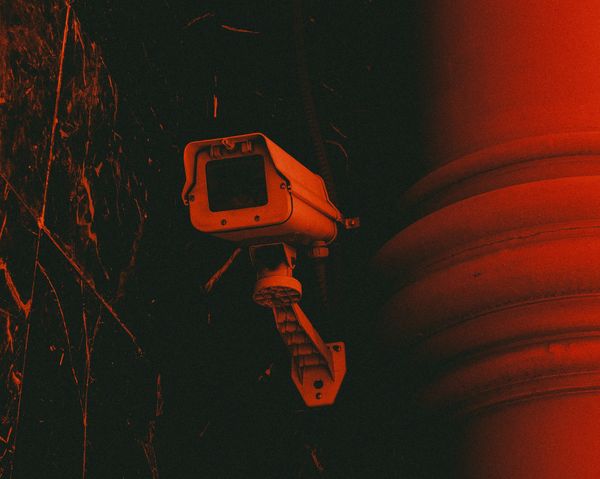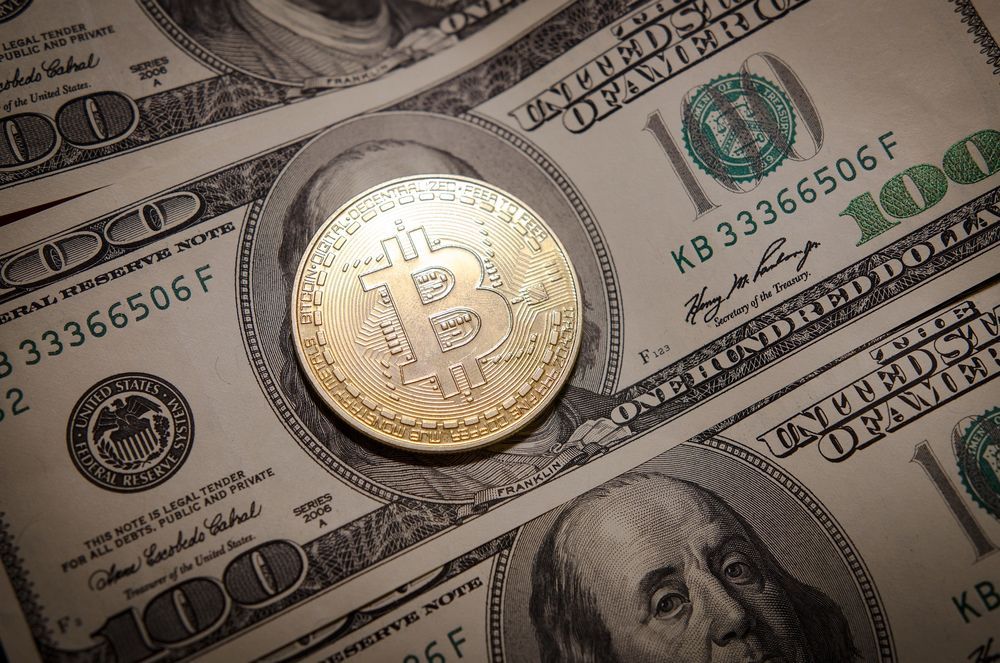DNS Leaks: What Are They and How do You Avoid Them?

In today’s digital climate, protecting your privacy and keeping your online activities away from prying eyes is crucial. Technological advancements allowed the collection and sale of data such as browsing history, emails, messages, and app usage without user knowledge or consent.
Although VPNs might seem like a surefire way to prevent critical data from seeping out of your connection, sometimes even they leak data. DNS leaks, for instance, could jeopardize your privacy by exposing DNS requests to unwanted parties. The worst part? Users are rarely aware of this type of leak.
What is DNS?
DNS, short for Domain Name System, is a cornerstone of the modern internet infrastructure. Its importance stems from its ability to map human-readable domain names (e.g.,example.com) to IP addresses, allowing users to access online content without memorizing IP addresses.
Unfortunately, misconfiguration could lead to leaks, making DNS requests visible to hackers or even your own ISP.
What Are DNS leaks?
VPNs can protect your connection from privacy violations by rerouting your traffic through a private tunnel and encrypting it. A trustworthy VPN should cover all your traffic, including DNS requests.
A DNS leak occurs whenever your DNS requests are sent to your ISP’s DNS servers, despite using a VPN. These situations can quickly turn VPNs redundant by exposing private information to your ISP.
Why Are DNS leaks dangerous?
DNS leaks are particularly dangerous because they let third parties access sensitive information they couldn’t usually see without consent. This can include your IP address, physical location, browsing activity and web searches.
In this scenario, your ISP or someone on the same Wi-Fi network could analyze the leaked DNS requests to find out what websites you’ve visited or online services you’ve connected to.
Although the main concern here is that they could expose your online activity to unwanted parties, DNS leaks could also be leveraged in more destructive ways. For instance, threat actors could exploit knowing precisely what websites you visit to engineer elaborate phishing campaigns or man-in-the-middle (MITM) attacks.
How to test for leaks?
Fortunately, if you’re concerned that your VPN might be leaking data, several online tools, such as BrowserLeaks, can detect these shortcomings.
To check if you’re leak-free, you launch your VPN, connect to a server, visit the website and run an IP address test. In the test window, you’ll find a “Run DNS Leak Test” button; click it and wait for the results.
The DNS server results shouldn’t reveal any information about your real identity. If they do, it could be a strong indicator that you may need to find a trustworthy VPN provider.
Note that not even dedicated leak detection services are foolproof. Sometimes, the test may generate false-positive results. To ensure your VPN doesn’t leak DNS requests, clear your browser’s cookies and cache and rerun the test. Or use a different leak detector and cross-check the results.
Avoid using VPNs that leak your data
Although it may not seem like a big deal, even tiny data leaks could expose your true identity to unwanted parties. Choosing a provider you could rely on, such as Bitdefender VPN, will keep your data safe, your digital identity anonymous, and your online activity private.
tags
Author

Vlad's love for technology and writing created rich soil for his interest in cybersecurity to sprout into a full-on passion. Before becoming a Security Analyst, he covered tech and security topics.
View all postsRight now Top posts
Few People Consider Themselves a Target for Cybercriminals, Bitdefender Study Shows
July 10, 2024
Uncovering IoT Vulnerabilities: Highlights from the Bitdefender - Netgear 2024 Threat Report
June 26, 2024
FOLLOW US ON SOCIAL MEDIA
You might also like
Bookmarks








